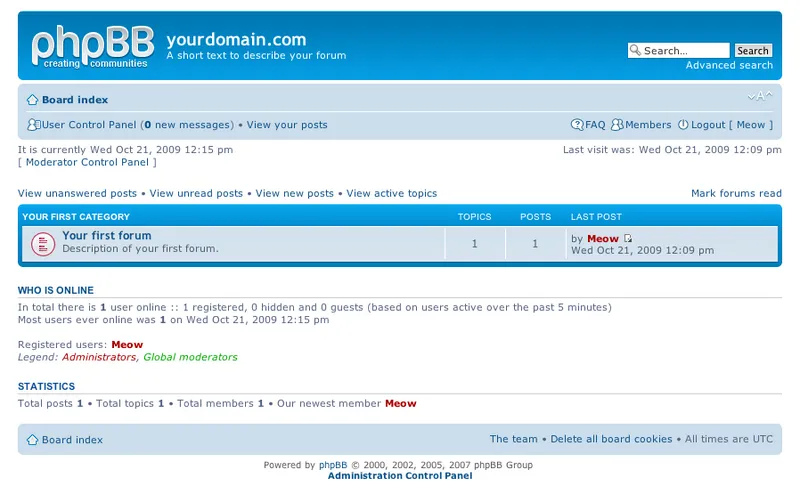What is なんJ? Exploring Japan’s Most Popular Online Forum Culture
In Japan’s vast internet landscape, なんJ (pronounced Nan J or Nan Jay) stands out as one of the most vibrant and influential online communities. Known formally as “なんでも実況J” (Nandemo Jikkyo J) — meaning “Anything Live Commentary J” — なんJ is a board on 5channel (5ch), Japan’s largest anonymous textboard platform.
This article will dive deep into what なんJ is, its origins, unique culture, and why it has become a major part of Japanese online conversation and meme culture.

1. What Does なんJ Mean?
1.1 The Origin of なんJ
The term なんJ is an abbreviation derived from “なんでも実況J”, which translates to “Anything Live Commentary J”. It was created as a board on 5channel specifically for live commentary on sports events and other real-time happenings.
The “J” stands for “実況” (Jikkyo) meaning “live commentary”, and “なんでも” means “anything”, emphasizing the board’s broad discussion topics.
2. The Platform: 5channel
2.1 What is 5channel?
5channel (formerly 2channel) is the largest and most influential Japanese textboard forum. It is anonymous, meaning users don’t need an account or identity to post, which fosters open and often unfiltered discussion.
5channel has hundreds of boards dedicated to various topics — from technology and politics to hobbies and entertainment. Among them, なんJ has gained a special place.
3. What Makes なんJ Unique?
3.1 Diverse Topics Beyond Sports
Although なんJ started primarily as a sports live commentary board, especially baseball, it evolved into a general discussion space. Users talk about:
- Professional and college baseball
- Soccer and other sports
- Video games and anime
- Popular culture and trending news
- Random memes and jokes
3.2 Fast-Paced, Casual, and Humorous Tone
The writing style on なんJ is fast-paced, casual, and often comedic, which attracts younger users and internet-savvy communities. Memes, inside jokes, and slang are frequently shared, creating a unique culture within the board.
3.3 Anonymous and Democratic Interaction
Since 5channel doesn’t require registration, users can freely express opinions without fear of being tracked. This anonymity leads to a democratic environment but also means discussions can be chaotic or confrontational.
4. Cultural Impact of なんJ
4.1 Birthplace of Memes and Internet Trends
Many popular Japanese internet memes and slang have originated from なんJ. Because of its size and activity, it acts as a trend incubator for viral jokes, catchphrases, and fan slang.
4.2 Influence on Sports Fandom
For sports fans, なんJ serves as a live hub for real-time reactions during games, player rumors, and fan debates. It’s a place where casual fans and hardcore followers mingle.
4.3 Social Commentary and Satire
Beyond entertainment, なんJ users sometimes engage in sharp social commentary and satire, reflecting wider societal attitudes among Japanese youth.
5. Criticisms and Challenges

5.1 Toxicity and Harassment
As with many anonymous forums, なんJ has faced criticism for toxic behavior, including harassment and trolling. The lack of moderation can sometimes lead to harmful content.
5.2 Misinformation
Due to rapid posting and rumor-spreading, misinformation occasionally circulates widely on なんJ, especially regarding celebrities or sports figures.
6. How to Access and Participate in なんJ
6.1 Accessing なんJ
Anyone can access なんJ through the 5channel website, though the platform is entirely in Japanese. Participation doesn’t require registration or identity verification.
6.2 Tips for New Users
- Familiarize yourself with 5channel’s interface and posting format
- Observe community norms and slang before actively posting
- Use caution due to the informal and sometimes harsh environment
7. Conclusion
なんJ is much more than just a live commentary board; it’s a thriving digital community that shapes modern Japanese internet culture. From sports fans to meme lovers, it offers a dynamic space for anonymous, fast-paced discussions that influence online trends across Japan.
Whether you’re interested in Japanese internet culture, sports fandom, or the power of anonymous communities, なんJ is a fascinating subject worthy of exploration.
Frequently Asked Questions (FAQ) about なんJ
なんJ is short for なんでも実況J (Nandemo Jikkyo J), which translates to “Anything Live Commentary J.” It is a popular anonymous discussion board on 5channel, primarily focused on live commentary about sports and other trending topics.
Originally centered on sports like baseball, なんJ now covers a wide range of subjects including other sports, video games, anime, pop culture, memes, and current events.
なんJ is part of 5channel, an anonymous forum where users don’t need to register or reveal their identity. The tone is casual, fast-paced, often humorous, and filled with memes and internet slang unique to the community.
While なんJ is a vibrant community, it is also known for its chaotic and sometimes toxic environment. Users should exercise caution, especially since there is little moderation and misinformation can spread quickly.
You can access なんJ by visiting the 5channel website. The platform is primarily in Japanese and doesn’t require registration to browse or post.
The community is mostly made up of Japanese internet users, particularly younger people interested in sports, pop culture, and online memes. However, anyone with an interest can join the discussions.
なんJ is a major source of internet memes, fan commentary, and social trends in Japan. It influences online discussions about sports, entertainment, and current events and serves as a digital meeting place for fans.
For more information, visit tsumino-blog.com
Author bio
Hana Sakamoto is a keen observer of Japanese internet culture and digital communities. With a passion for understanding the nuances of online phenomena, she brings a unique perspective to exploring platforms like 5channel and the vibrant world of なんJ.